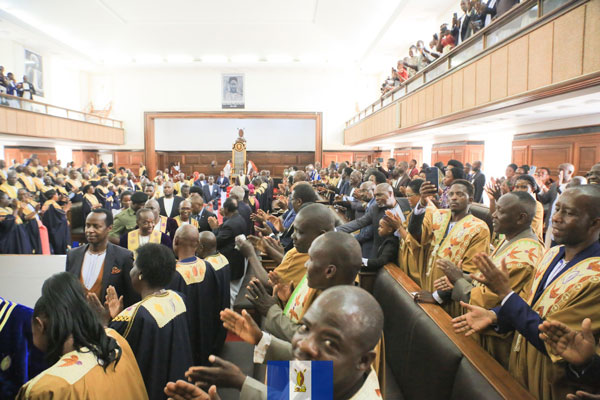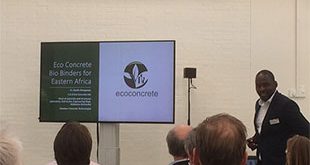
COMMENT | Gertrude Kamya Othieno | I have received a great deal of interest regarding my previous article on the “Honourable and Ow’ekitiibwa” debate, which has prompted me to delve deeper into the origins of Ow’ekitiibwa in Uganda’s political corridors of power.
The title Ow’ekitiibwa, commonly translated as Honourable in Luganda, has become a key part of how members of Uganda’s Parliament and other esteemed figures are addressed today. However, while this term is indigenous to the Luganda language, its political usage has evolved since the colonial period under the influence of British administrative practices. This raises an important question: how were Buganda’s leaders, particularly members of the Lukiiko (Buganda’s traditional council), addressed before the British arrived?
Historically, Buganda had established respectful forms of address. One of the most notable titles is Beene, reserved for the Kabaka (King) and other revered cultural leaders. Beene is deeply rooted in Buganda’s pre-colonial traditions, reflecting the immense respect accorded to these figures. It carried the weight of the people’s collective regard, demonstrating that politeness and respect were intrinsic to Buganda’s social fabric.
Before the introduction of Ow’ekitiibwa, members of the Lukiiko were likely addressed using a variety of traditional titles, each reflecting their rank and role within the Buganda kingdom. Baganda society was highly structured, with politeness and hierarchy forming the basis of interactions with authority figures. However, there was no direct equivalent to the political use of Honourable as we see today.
The use of Ow’ekitiibwa in a political context coincided with the growing influence of British colonialism. As the British Empire formalised its control over the region, many aspects of British governance were either imposed or adapted into local systems. One pivotal moment that may have influenced this linguistic shift was the 1889 visit of the Buganda delegation to England. Sent by Apolo Kagwa, the Katikkiro (Prime Minister) of Buganda, this group aimed to secure British protection for Buganda amidst external pressures.
In England, the delegation observed British political practices, including the formalities of Parliament. It is likely they heard members of the British Parliament addressed as Honourable. This exposure to British political customs may have influenced how titles were adopted in Buganda’s evolving political landscape.
Upon their return, as Buganda increasingly adopted British administrative structures, Ow’ekitiibwa may have evolved as a translation of Honourable, reflecting the changing roles of Buganda’s chiefs within this new political framework. The similarity between the terms suggests a process of linguistic adaptation to match the shifting political realities under colonial rule.
By contrast, Beene remains an indigenous title, rooted in Buganda’s pre-colonial traditions of leadership and respect. The adoption of Ow’ekitiibwa in its modern political context reflects a blend of Buganda’s cultural heritage with the formal structures of British colonialism. While it may now seem integral to Buganda’s political culture, its expanded use is a product of the colonial encounter.
Interestingly, other tribes in Uganda also have equivalents to Ow’ekitiibwa. The debate caught my attention when a non-Muganda MP recently had fellow parliamentarians in stitches after learning that Ow’ekitiibwa in parliamentary slang has come to mean “thief.” This shift in meaning highlights how certain titles can take on new connotations in modern usage, especially in contexts marred by corruption.
Today, Ow’ekitiibwa remains in common use, serving as a reminder of the complex interplay between traditional Buganda customs and the legacy of colonialism.
***
 Gertrude Kamya Othieno | Political Sociologist in Social Development (Alumna – London School of Economics/Political Science) | Email – gkothieno@gmail.com
Gertrude Kamya Othieno | Political Sociologist in Social Development (Alumna – London School of Economics/Political Science) | Email – gkothieno@gmail.com
RELATED STORY
Honourable or Ow’ekitiibwa? The evolving meaning of titles in Uganda’s political landscape
 The Independent Uganda: You get the Truth we Pay the Price
The Independent Uganda: You get the Truth we Pay the Price



